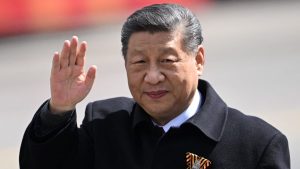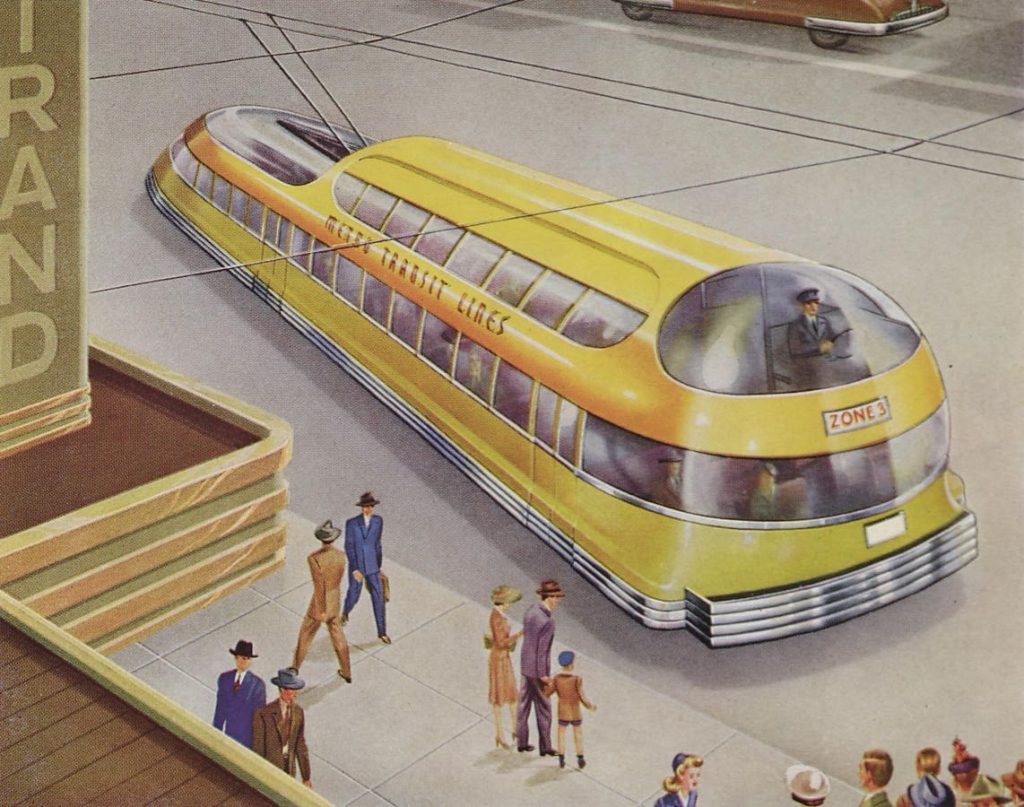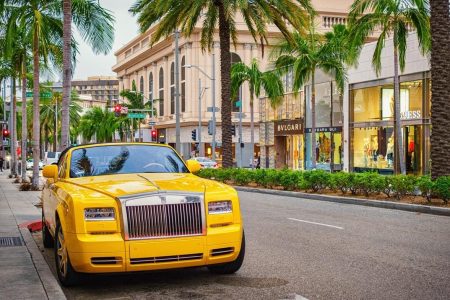The Dawn of Sustainable Mobility: Startups Paving the Way in 2025
The year 2025 is poised to be a pivotal year for the automotive and mobility industry, marked by a convergence of sustainability, digital transformation, and the rise of shared mobility services. This transformative period is fostering a wave of innovative startups, each carving its unique path toward a future where transportation is cleaner, more efficient, and accessible to all. These companies, exemplified by Dollaride, Wright, It’s Electric, and Yank Technologies, are not just reacting to current trends but actively shaping the landscape of mobility for the years to come. Their diverse approaches, from electrifying underserved communities to powering aircraft with sustainable energy sources, demonstrate the breadth of innovation driving this sector. They are tackling the complex challenges of urban mobility, regional transportation, and even space exploration, united by a common thread of sustainability and a commitment to building a more efficient and environmentally responsible future.
Dollaride: Electrifying Accessibility in Underserved Communities
Dollaride is tackling the critical issue of "transit deserts," urban areas lacking adequate public transportation, by providing clean and affordable mobility solutions. Their business model focuses on leasing electric vehicles (EVs) and charging stations to fleet operators at accessible rates. This approach not only promotes sustainability by reducing reliance on fossil fuel-powered vehicles but also fosters economic viability for fleet operators, creating a win-win scenario for both the environment and the community. This targeted approach acknowledges the disproportionate impact of limited transportation options on underserved populations and offers a practical solution to bridge the mobility gap while contributing to a greener future. By focusing on affordability and accessibility, Dollaride is demonstrating that sustainable transportation can be a powerful tool for social equity.
Wright: Taking Flight Towards a Carbon-Neutral Aerospace Industry
Wright is setting ambitious goals for the aerospace sector, aiming to eliminate carbon emissions from all regional flights by 2040. Their strategy centers on designing and manufacturing ultra-lightweight motors, generators, and batteries, leveraging advancements in battery technology and hydrogen fuel cells. This focus on technological innovation is crucial for electrifying heavy transportation applications like aircraft, traditionally reliant on fossil fuels. Wright’s vision recognizes the significant environmental impact of air travel and seeks to revolutionize the industry by transitioning to cleaner, more sustainable power sources. This ambitious undertaking highlights the potential for technological breakthroughs to drive significant change in sectors historically resistant to rapid decarbonization.
It’s Electric: Empowering Urban EV Charging Through Community Collaboration
It’s Electric addresses the challenge of EV charging in densely populated urban areas, particularly for residents lacking off-street parking. Their innovative solution involves partnering with property owners to utilize spare electrical capacity to power EV chargers. This community-based approach bypasses the need for expensive and time-consuming utility connections, making installations faster and more economical. Furthermore, their compact, detachable charging cables offer a unique advantage, keeping sidewalks clear while providing a user-friendly and aesthetically pleasing charging experience. By leveraging existing infrastructure and fostering community partnerships, It’s Electric is democratizing access to EV charging and promoting wider adoption of electric vehicles in urban environments.
Yank Technologies: Pioneering Wireless Charging for a Seamless Future
Yank Technologies is at the forefront of wireless charging technology, developing long-range, high-power systems with applications across diverse sectors, from manufacturing and logistics to even space exploration. Their contactless wireless charging technology eliminates the need for complex wiring, streamlining operations, improving product reliability, and enabling new functionalities. The adaptability of their technology, capable of powering everything from cargo bikes to NASA rovers, underscores its potential to revolutionize industries reliant on traditional charging methods. By removing the limitations of physical connections, Yank Technologies is paving the way for a future where power delivery is seamless and integrated into a wide range of applications.
Navigating the Policy Landscape and Embracing Automation and Electrification
The evolving policy landscape, particularly regarding green energy and infrastructure, presents both opportunities and challenges for these startups. While government grants and tax credits can be instrumental in supporting their initiatives, potential policy changes can create uncertainty. However, these companies are demonstrating resilience and adaptability. Dollaride, for instance, utilizes durable financial tools like New Markets Tax Credits to mitigate the impact of political shifts, while Wright diversifies its funding sources to ensure stability. This proactive approach to navigating the political landscape underscores their commitment to long-term sustainability and growth. Looking ahead, these companies are also focusing on the transformative potential of automation and electrification. Automation, driven by the need to reduce manual tasks and leverage AI-powered systems, is expected to play a crucial role in enhancing operational efficiency and addressing labor shortages. Meanwhile, the increasing adoption of electrification across industries signals a fundamental shift in how we consume and utilize energy, extending beyond vehicles to encompass everything from powering homes to enabling entire job sites to operate on clean, efficient battery systems.
Building a Sustainable and Equitable Mobility Ecosystem
These startups represent the vanguard of a rapidly evolving mobility landscape, demonstrating the ingenuity and resilience required to navigate an industry in constant flux. By addressing immediate needs while anticipating future trends, they are not merely solving present-day challenges; they are laying the foundation for a sustainable and equitable mobility ecosystem. Their innovative solutions, from electrifying underserved communities to pioneering wireless charging technologies, highlight the diverse approaches being taken to reshape the future of transportation. These companies embody the spirit of innovation and collaboration that is driving the transition toward a cleaner, more efficient, and accessible mobility future for all. Their efforts are not just about building businesses; they are about building a better world.










